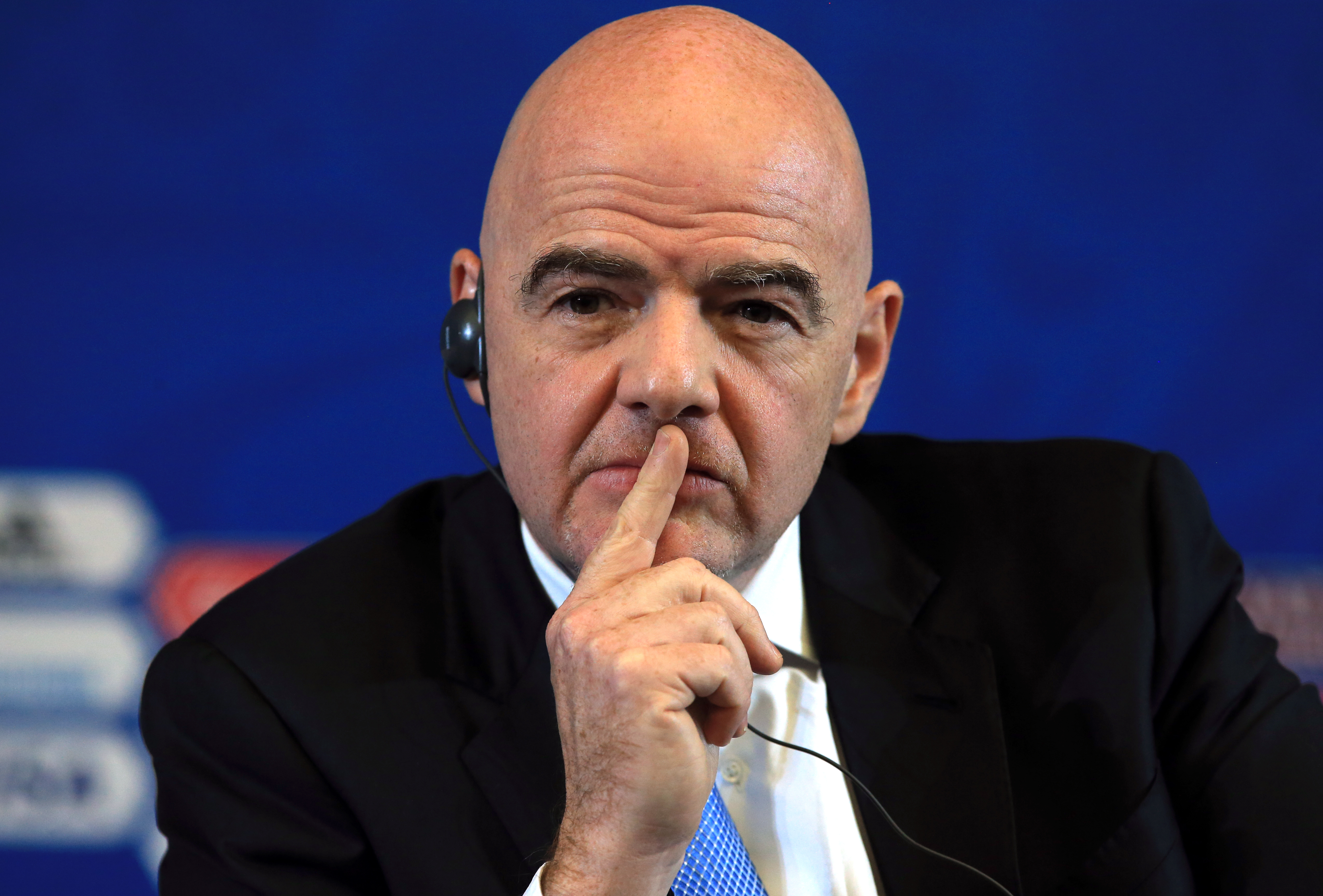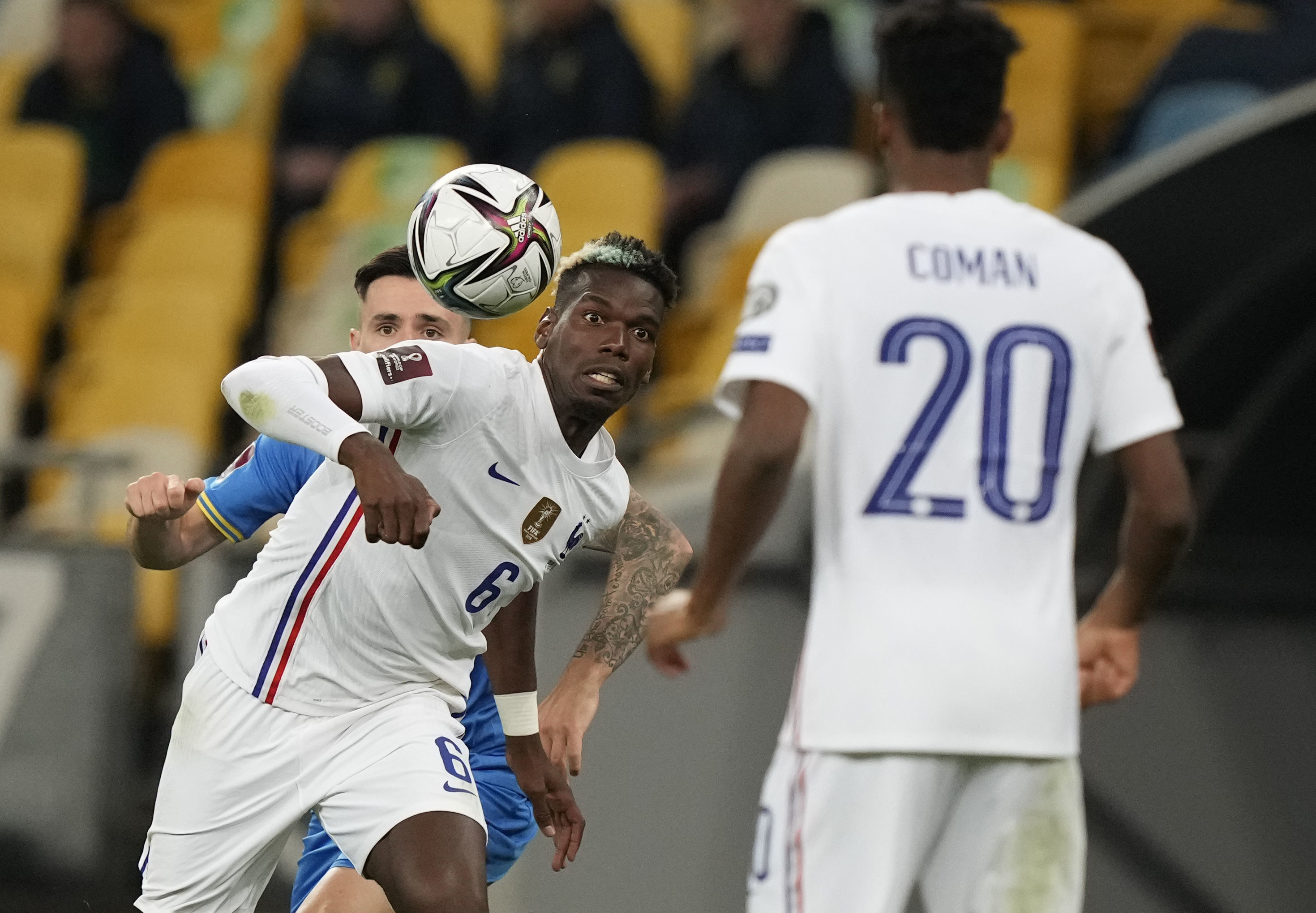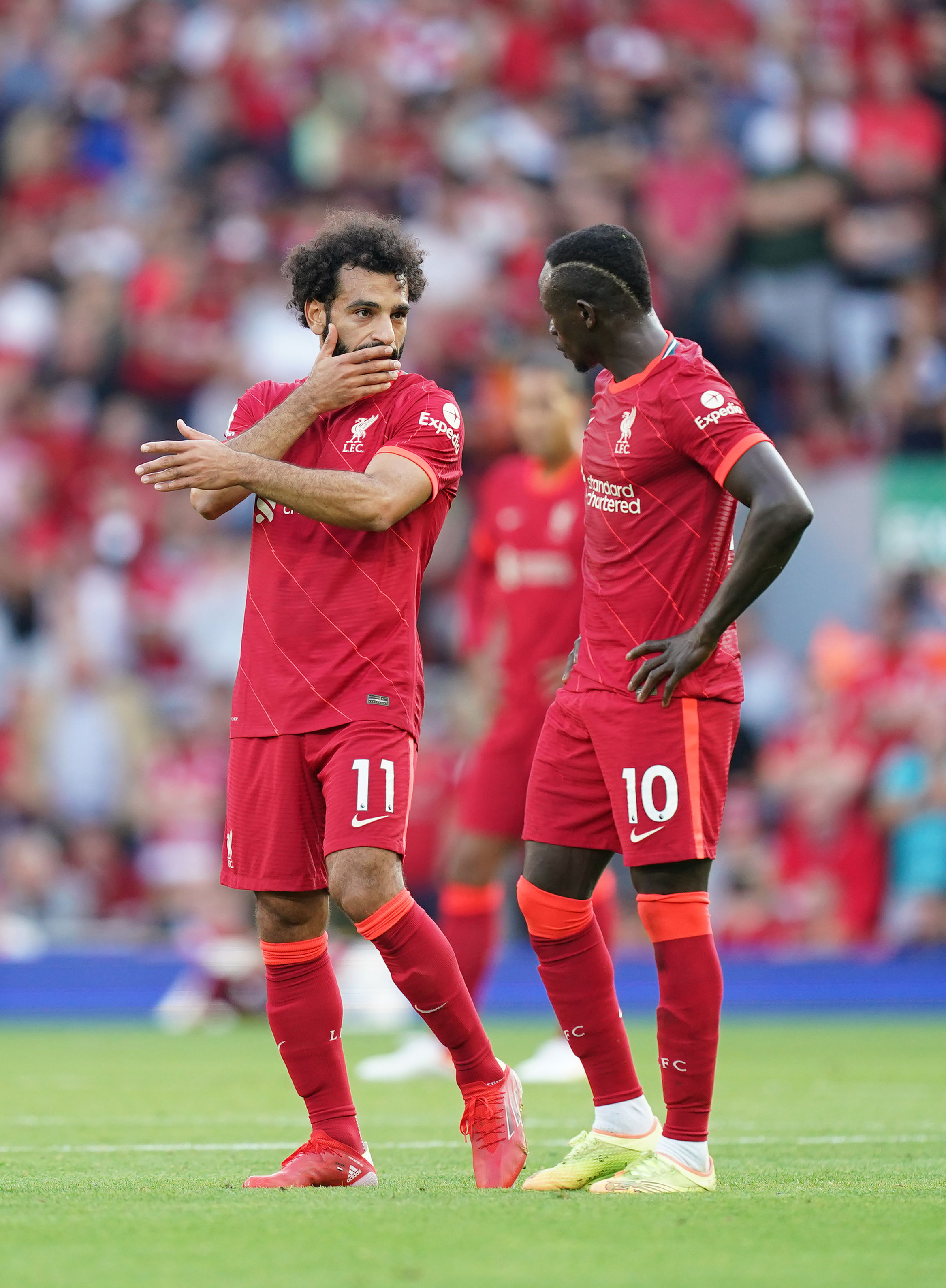FIFA president Gianni Infantino promises to make player welfare a top priority

FIFA president Gianni Infantino has promised to make player welfare concerns a top priority as the world governing body attempts to reshape the international football calendar.
Infantino was in Manchester on Thursday after accepting an invitation from the Professional Footballers’ Association to meet leading players and union representatives.
Concern has been raised about the demands on players at the top level in terms of volume of games and travel requirements, with FIFA’s proposals for a biennial World Cup having increased anxiety.

Attendees at the meeting also included Manchester United’s Paul Pogba and Juan Mata, Lucy Bronze and Steph Houghton of Manchester City, PFA chief executive Maheta Molango and FIFA chief of global football development Arsene Wenger.
Infantino said the World Cup proposals were discussed but these were not the “main topic” of the meeting as focus was given to the calendar in more general terms.
“It was really a great meeting,” said Infantino. “I was very happy that the players reached out to us, to me in particular, because we want really to listen to everyone.
“The players are crucial when it comes to the game. Of course, we need to care about the players, we want to protect the players and, in order to know really what their concerns are, we need to talk to them directly.
Get FourFourTwo Newsletter
The best features, fun and footballing quizzes, straight to your inbox every week.
“At the end of the day what we want for men’s and women’s football is that the players can perform at their best, not only in one competition but in all the competitions they have to play.
“It’s not necessarily just a question of the number of games, it’s is more a question of how you can be fit for the next game.
“The women and the men are facing the same issue – go back and forth, back and forth and play a competition, a finals tournament and then go back and immediately after you go somewhere in another part of the world.
“We need to bring some more coordination in the international match calendar.”
Infantino acknowledges the game has changed considerably since the current international calendar was drawn up, with more players now playing away from their home countries, requiring much more travel.
He said: “Times have changed, globalisation is coming in. In England you have players from 100 nationalities playing the professional game.
“This was not the case many years ago and the calendar is still the same, so we need to adapt, we need to do something.

“The calendar still has 365 days a year, but maybe we structure it differently in ways to have a bit less time in travel.
“Then we find more rest and more time for coaches as well to really train their teams.”
On the issue of the World Cup, Infantino suggested it was more an opportunity to discuss what a change could entail.
He said: “The biennial World Cup was mentioned as well. There are different views, but we didn’t seek any sort of opinion in terms of are you in favour, are you against. It was not the main topic.”

Molango felt the meeting was productive and hopes such open discussion can continue moving forward.
He said: “I am grateful that Gianni Infantino and the team from FIFA accepted the PFA’s invitation to come to Manchester to meet in person with members.
“I know the players really valued what was a constructive, open, and positive discussion, and we thank them for that.
“This was an opportunity for PFA members from both the men’s and women’s game to share their views on a range of important issues around the structure of the game and the football calendar. If those who play the game are to have meaningful input into decisions about its future, then this kind of dialogue is absolutely critical.”
